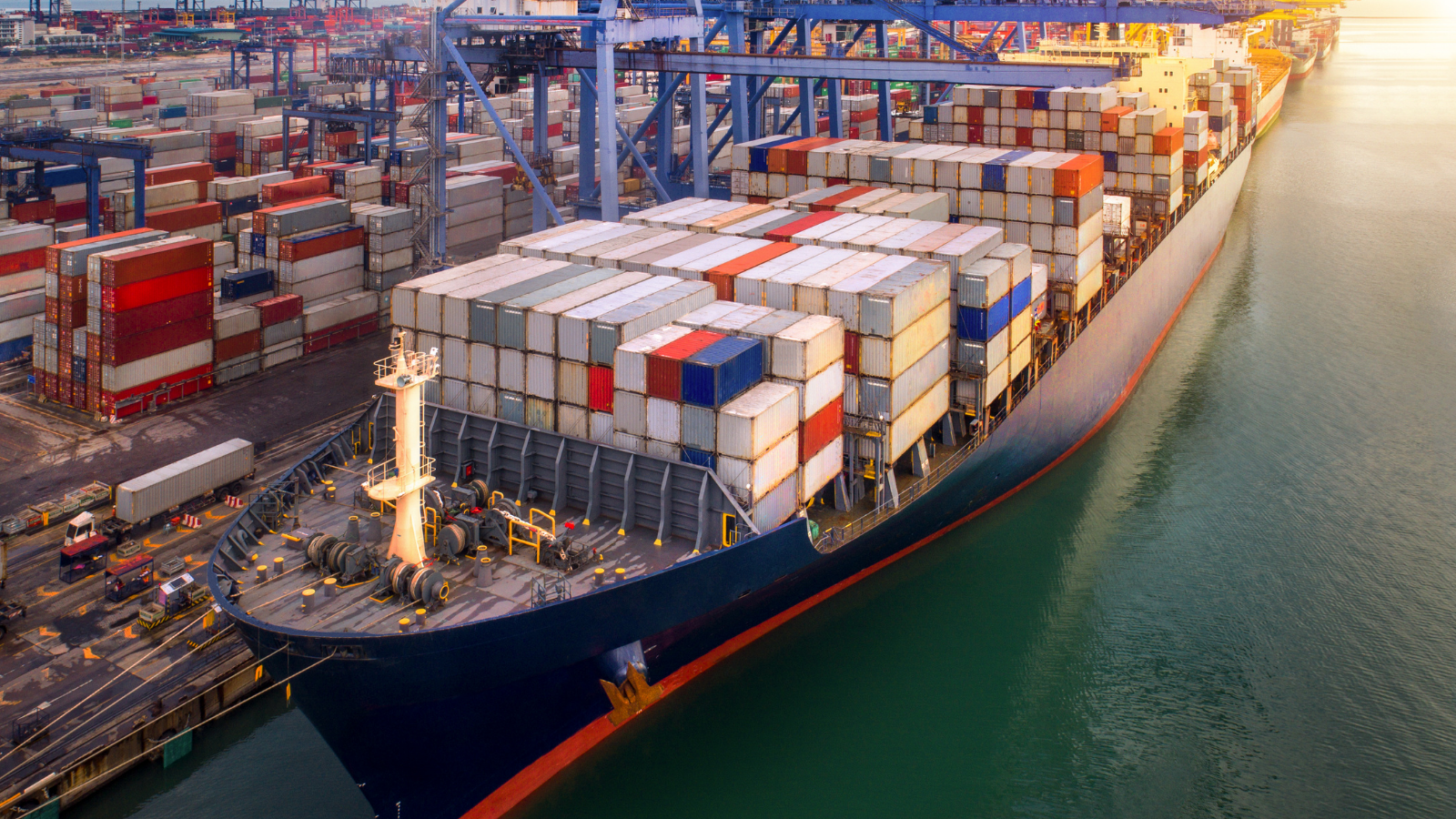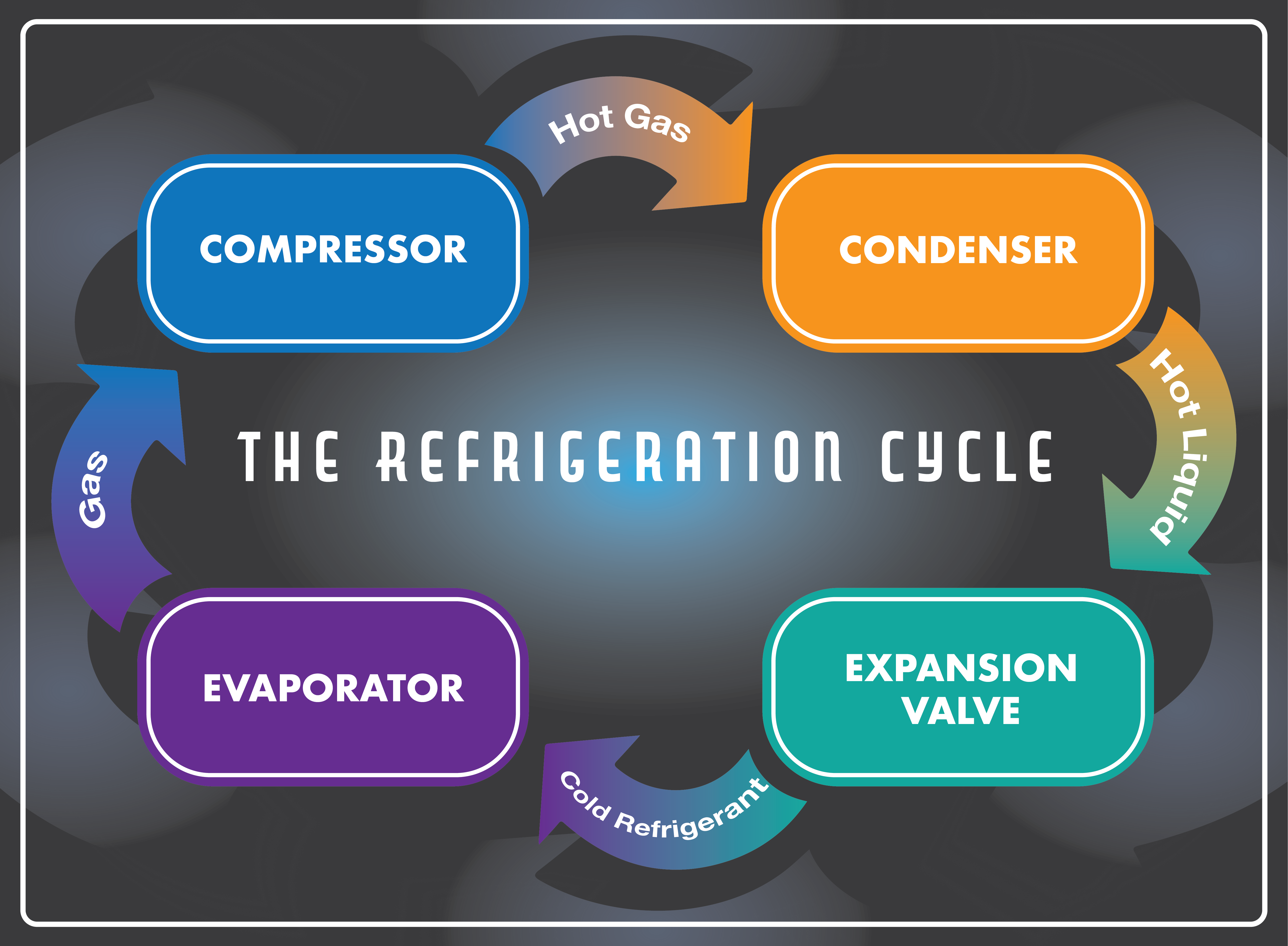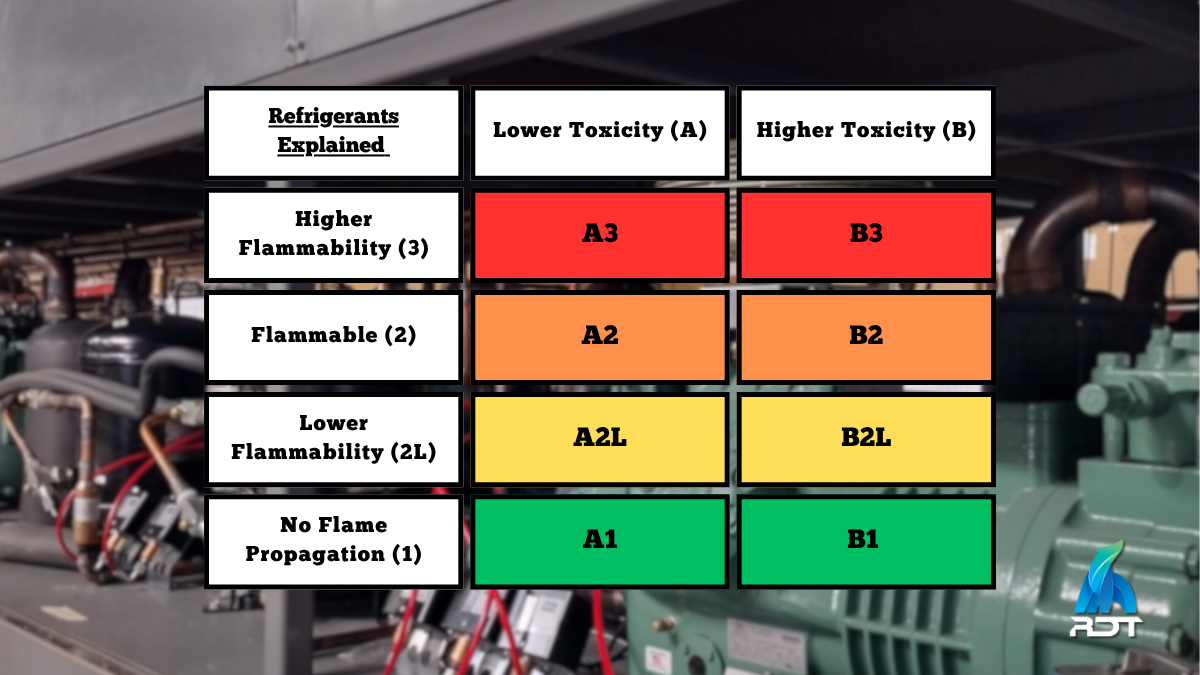2 min read
People around the world enjoy ingredients from other parts of the world, but it doesn't just show up on the plate. The reality is foods are passed from one step of the import/export process to another, and in many cases, frozen refrigeratio...
Read More


.jpg?width=500&name=2018%20Food%20Trends%20(and%20How%20They%20Relate%20to%20Commercial%20Refrigeration).jpg)





